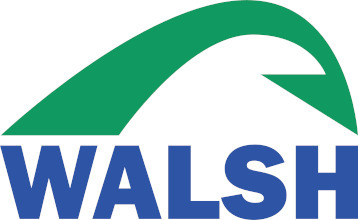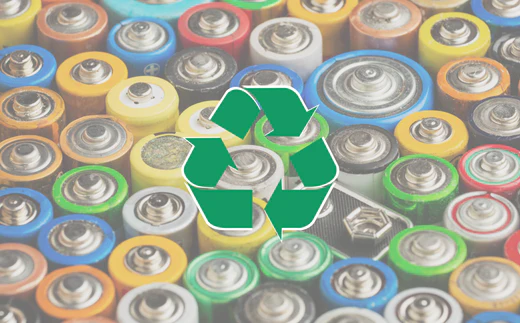Your household batteries are suitable for recycling. As batteries are a common item, we all have the responsibility of safe disposal.
In this blog, we will explore the risks associated with waste batteries, and the simple but effective means to dispose them.
The Risks
Incorrectly discarded batteries pose a risk to human health and the environment.
If not properly disposed, the hazardous materials in batteries can leak and contaminate local ecosystems. Furthermore, human exposure to damaged or incorrectly discarded batteries can cause health issues such as skin irritation, respiratory diseases, and in severe cases poisoning.
Damaged batteries can also produce excessive heat, making them a fire hazard with a risk of explosion. This is evidently a safety risk and can cause substantial property damage. For waste collectors such as Walsh Waste, if batteries enter our waste trucks they can ignite and start a fire within the vehicle or waste facility. This is evidently a significant safety risk for our waste collectors and operators.
How to Handle Waste Batteries
- Store the waste batteries in a designated container, separate from other waste types.
- Ensure you do not crush or damage waste batteries as this can lead to injury.
- Keep the waste batteries out of the reach of children, pets, etc.
- Avoid storing the batteries for a prolonged period.
- Bring your waste batteries to your local recycling centre, or one of the many retailers who have a collection point. Most shops or supermarkets who sell batteries also collect them for recycling.
- Find your nearest battery collection point on the MyWaste website.
- For more specialist batteries, such as car batteries, please contact the manufacturer or your local recycling centre for advice.
Walsh Waste have been providing waste management services in Galway for over 50 years, Making us your local waste experts.
Reach out to use today by:
Calling 091 840 840
Or emailing us at info@walshwaste.com


